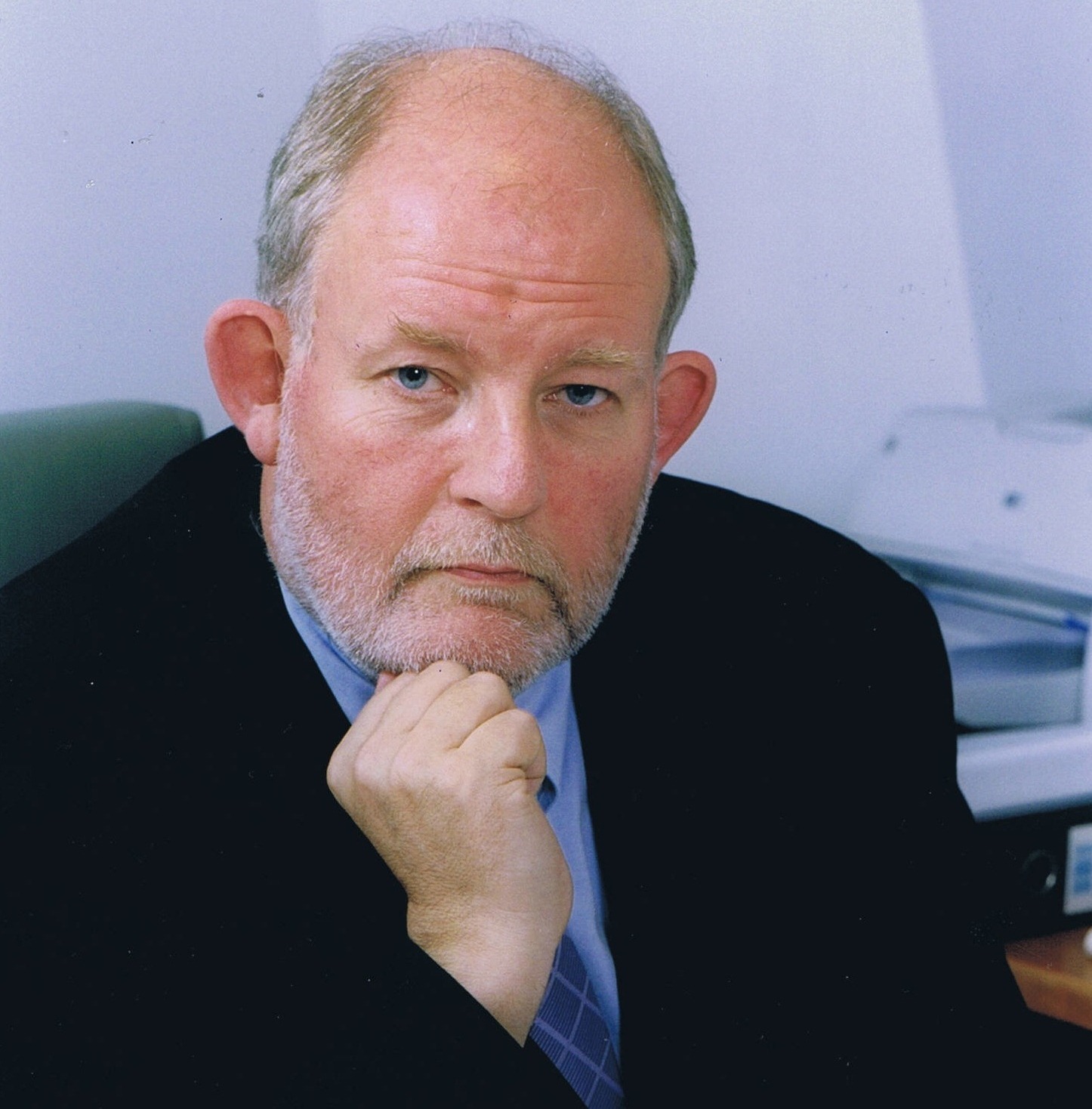Charles Clarke, visiting Professor at the University of East Anglia, considers how Parliament could be put at the heart of national life.
[one_half]Most events of national interest pass through Parliament, and get consideration there, in some form or another. Indeed on any given weekday, it is likely that the majority of items on the 10pm News reflect events that have taken place in Parliament that day, and some will specifically report on the Parliamentary events, whether it’s the heads of the intelligence services giving evidence to a Select Committee, a Secretary of State making a statement about the closure of naval yards, or a vote on proposals for a referendum on EU membership.
However at the same time politicians – Members of Parliament – are held in low esteem, justifiably or not, commentators like Russell Brand find resonance in their articulation of the disaffection in which many young people hold the whole political process and the media are pretty unconstrained in their reduction of politics to ephemera such as the Home Secretary’s dress sense.
At UEA our ‘Too Difficult Box’ lecture series has illustrated a series of important policy areas, ranging from climate change to the position of women in society, where democratic politics finds it difficult to put in place the vital policy changes which are necessary to make a difference. Almost all have recommended moving towards a more long term process of policy development with more co-operation between the political partiers.
This state of affairs needs to be addressed, and the place to start is in the conduct of Parliament itself.
Though there have been significant changes in the last 15 years, Parliamentary practices still seem to many to be rooted in the past, with a focus on outdated form rather than policy substance, on stately exchanges of view, rather than passionate debate and on immediate short-term political competition – for party advantage – rather than consideration of long-term solutions to long-term problems.
These attributes compare with a modern media which has adjusted far better to contemporary debate and often has the capacity to promote debate with more immediacy, even at the cost of such discussions taking place on the media’s own agenda which often bears little resemblance to the real issues.
There are a number of measures which Parliament could take to address its weaknesses.
[/one_half]
[one_half_last]
My own top 5 are:-
- Agree a number of policy areas where the political parties work together to find long-term solutions, rather than fighting each other for short-term political advantage.These might include achieving a proper scheme for social care in old age; properly regulating the banks and the utility companies; deciding on major infrastructure projects like HS2. The Too Difficult Box lectures have identified a number of areas where this would make a real difference and achieve popular support.
- Have more free votes in Parliament where the Party whips do not ‘recommend’ the correct vote. This could be done on a far wider range of issues, whether the outcomes are not essential for the government, and MPs could be encouraged to test the opinion on them of their constituents, by a variety of means.
- Establish Select Committees in the English regions, to hold to account local public services and debate matters of particular regional concern. The political balance should reflect the party voting in the region.
- Bring in the Alternative Vote system of electing MPs which would reduce significantly the number of ‘safe seats’ whose outcome is a foregone conclusion.
- Follow the Australian example and make voting compulsory. Even short of that a great deal can be done to ensure that more people are on the electoral register, and so entitled to vote, better informed and more engaged.
These measures are not of themselves dramatic but each of them would push individual MPs to have more contact with their constituents, decrease the influence of the political party whips and encourage Parliamentary debate about issues of direct concerns to the people.
Such changes could only be agreed if the main political party leaders were to agree. However the prize is great, to bring Parliament nearer to the core of our national life.[/one_half_last]
Professor Charles Clarke is a former Secretary of State for Education and Skills and Home Secretary.






One thought on “Putting Parliament at the core of national life”